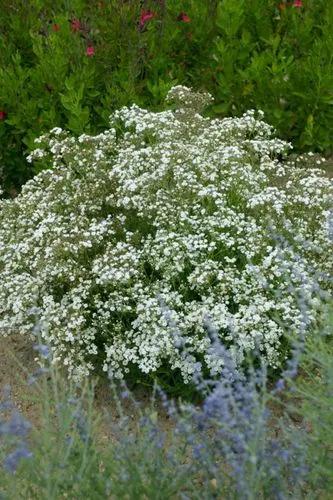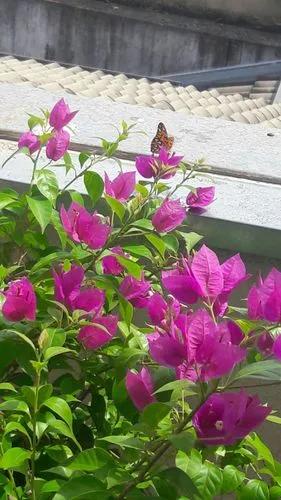D. maritima is a deciduous, borderline hardy, bulbous perennial with long, lance-shaped, mid- to grey-green leaves and dense racemes of small, veined, star-shaped, white flowers blooming in late summer and early autumn before the leaves emerge.
Sea Squill Care
Drimia Maritima



What is the plant
How to Care for the Plant

Water

It prefers dry or moist soil. The plant can tolerates strong winds but not maritime exposure.

Pruning

Remove leaves only after they have completely died down.

Sunlight

It cannot grow in the shade.
Ease your plant care routine with PlantIn's personalized system.

Soil

Suitable for: light (sandy) and medium (loamy) soils and prefers well-drained soil. Suitable pH: acid, neutral and basic (alkaline) soils

Temperature

It is hardy to zone (UK) 9

Additional

The bulb is poisonous in large doses. The red form especially has a fairly specific action on rats. The fresh bulb contains an acrid juice that can cause skin blisters
Ease your plant care routine with PlantIn's personalized system.

Popularity

108 people already have this plant 24 people have added this plant to their wishlists
What's wrong with your plant?
Related Plants
Discover more plants with the list below
Popular articles






